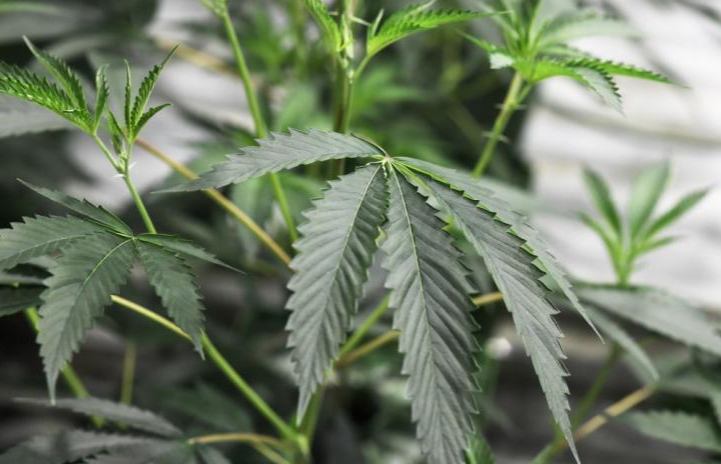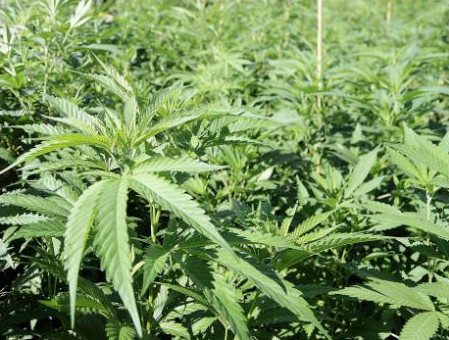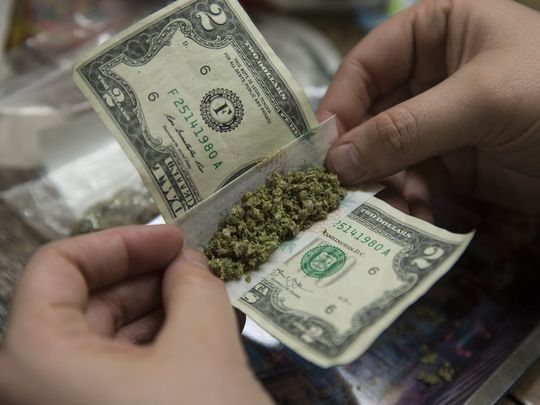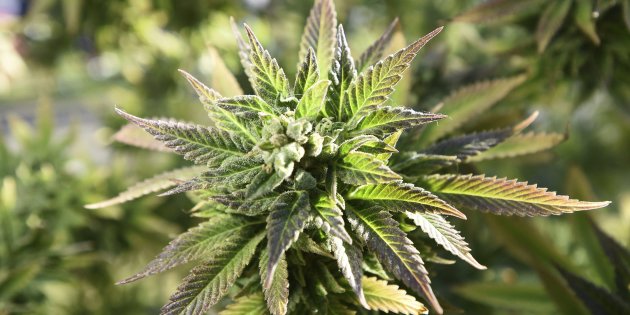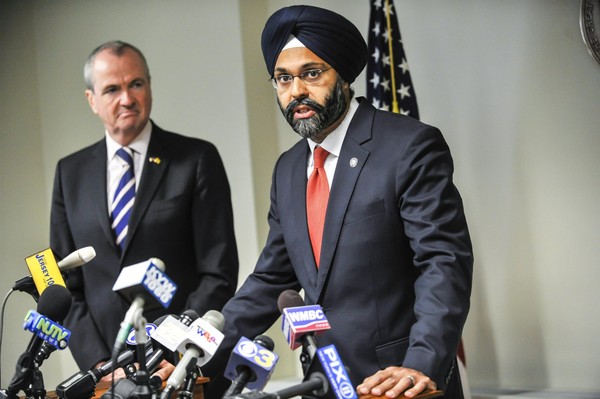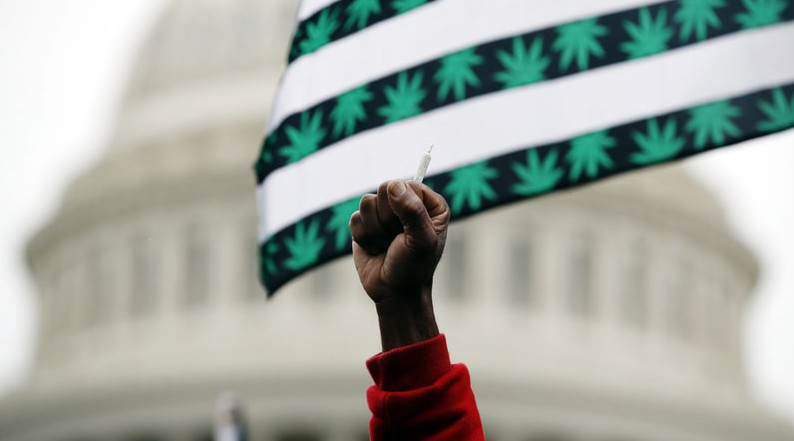It’s not uncommon to see marijuana described as harmless — a claim that suggests that legalizing the drug will carry few, if any, major negative consequences.
Not so fast. According to a study recently published in The Review of Economic Studies, access to legal marijuana may significantly reduce academic performance.
The study took advantage of a natural experiment in the Dutch city of Maastricht. In 2011, the city sought to pull back some of the marijuana tourism going to its coffee shops, where marijuana sales are legally tolerated. So through the local association of cannabis shop owners, it banned some foreigners of certain nationalities from buying pot at these venues.
This let researchers Olivier Marie and Ulf Zölitz, in the cleverly titled “‘High’ Achievers? Cannabis Access and Academic Performance,” compare the academic outcomes of Maastricht University students with varying levels of access to legal pot.
What they found: The students who weren’t allowed to legally access marijuana saw their grades significantly improve, especially in classes that require numerical and mathematical skills.
That suggests that a significant consequence of marijuana legalization could be worse academic performance — and that could of course trickle out to any other outcomes or work that generally require using your brain. That doesn’t mean that legalizing pot is necessarily a bad idea, but it is something advocates of the policy now have to think about and account for as they move forward.
What the study found
Maastricht is a city in the Netherlands that is fairly close to the border of several countries: Belgium, Germany, Luxembourg, and France. This has made it into a major hub of pot tourism, which some local policymakers in 2011 moved to restrict. Through the Maastricht association of pot shop owners, a new policy restricted people of some nationalities — not the Dutch, Germans, or Belgians, but the French, Luxembourgers, and people of all other countries — from buying cannabis.
Maastricht businesses communicated the policy with these very odd, discriminatory posters (courtesy of the study):
The policy was in place for seven months. It was very strictly enforced, with statistics showing that only 1.5 percent of customers were a nationality other than Dutch, German, or Belgian in October, down from more than 18 percent in September.
This bizarre situation created a natural experiment for the researchers: They could now see if students at Maastricht University who weren’t allowed to get cannabis would see their grades improve as a result. So they looked at data comparing students’ academic performance at Maastricht University’s School of Business and Economics, analyzing the change among foreign students before and after they were prohibited from buying cannabis and the differences between students who could get the drug and those who couldn’t.
“On average, students performed 10.9% of a standard deviation better and were 5.4% more likely to pass courses when they were banned from entering cannabis shops,” the researchers concluded, although there were no statistically significant changes in dropout probability. The effect is stronger for women and low-performance students. They also found bigger effects on courses that require numerical and math skills — backing up previous research that has found marijuana consumption most negatively impacts quantitative thinking.
Notably, the study did not find differences in studying time. So it likely wasn’t the case that those with access to pot just spent too much time getting high and not as much time studying, which would obviously lead to worse outcomes.
The researchers provided a chart for some of their findings. Note that Dutch, German, and Belgian (DGB) students and non-DGB students tracked closely until the period (in between the two red lines in the chart) when non-DGB students were banned from legally buying pot:
This study first got a lot of attention when it was a working paper, including in a recent episode of Vox’s The Weeds. But the newer, final version, which Keith Humphreys also wrote up for the Washington Post, went through a more rigorous peer review process before it was published.
A big caveat to the study: It can’t definitely prove causation. Although several of the findings line up with other studies (particularly the findings on numerical courses) and the researchers ran several checks on their data, it’s impossible to definitively rule out that perhaps some other factor was present and caused non-DGB grades to improve.
Still, the study’s findings are very suggestive: It certainly seems like legal access to pot significantly hurts academic performance.
Marijuana legalization will have some costs. That doesn’t make it bad.
This pushes back on the narrative that some legalization advocates have raised over the past few years. By drawing comparisons to very dangerous — but legal — drugs like tobacco and alcohol, activists have argued that marijuana is relatively harmless.
This study shows, however, that marijuana has some clear harms. It’s not the first to do so, either. A review of the research published by the National Academies of Sciences, Engineering, and Medicine earlier this year found that marijuana seems to pose a significant risk for respiratory problems if smoked, schizophrenia and psychosis, car crashes, lagging social achievement in life, and perhaps pregnancy-related problems.
But this shouldn’t be taken as definitive proof that legalizing marijuana is a bad idea, because it’s possible that legalization still outweighs the harms of prohibition.
Keeping cannabis illegal, after all, has its own costs. It causes hundreds of thousands of arrests in the US each year, disproportionately hitting minority Americans. It fosters a black market that funds crime and violence across the world. It makes it impossible to regulate the quality of marijuana and whether it’s laced with a dangerous substance. And it makes it much harder to obtain the drug for responsible users who just want to have fun or relax after a tough day at school or work.
Drug policy is about weighing all of these consequences to get a better outcome. So maybe legalizing marijuana is still better, even if it leads to worse academic outcomes, since it will help reduce crime, violence, and the number of arrests.
We make these kinds of policy decisions all the time. For example, we all know that eating junk food is bad for you. But not many people are going around saying that all junk food should be banned. As a society, we’re willing to bear some of the negative health consequences because of the enjoyment we derive from cake, cookies, chips, and all sorts of tasty treats. We may try to discourage people from eating too much junk food through taxes and regulations, but that’s wholly different than banning it altogether.
Perhaps the same applies to marijuana.
As Humphreys, a Stanford University drug policy expert, once told me, “There’s always choices. There is no framework available in which there’s not harm somehow. We’ve got freedom, pleasure, health, crime, and public safety. You can push on one and two of those — maybe even three with different drugs — but you can’t get rid of all of them. You have to pay the piper somewhere.”
So it seems likely, based on the Maastricht study, that marijuana legalization really does lead to negative outcomes on academic performance. But maybe that’s okay.
credit:vox.com



